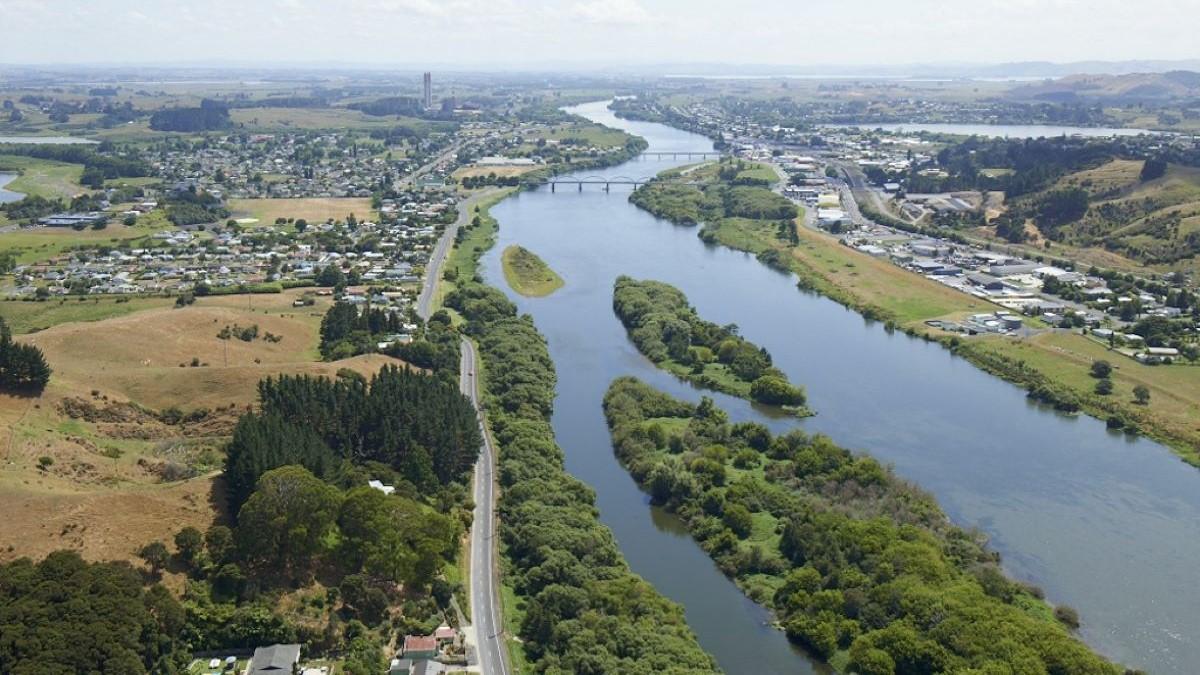| Hamilton City Council staff have recommended forming a joint water company with Waikato District Council to deliver water services. Waikato District staff are on board, agreeing in their own, independent report it is the best way forward. On Friday 13 December, the Waikato District Council will also confirm which of three possible options it will identify as preferred to take forward for public consultation on delivery of water services for Raglan and other parts of the Waikato District. This is by no means a final decision, explained Waikato District Council chief executive, Gavin Ion, Councillors will debate the merits of the possible options before making a decision about which will go to public consultation when they meet on Friday. Council is evaluating two options for design of a joint Council-Controlled Organisation (CCO), either through a joint CCO with Hamilton City Council or with other councils in the region who have made the commitment to Waikato Water Done Well CCO. The Waikato report is now available online and the recommendation from staff is for the design of a joint CCO with Hamilton City Council. The Hamilton report is also available online and the recommendation from staff is for the design of a joint CCO with Hamilton City Council. Hamilton staff say forming a ‘better together’ council-controlled organisation (CCO) with Waikato District Council should be the preferred option when the future delivery of water services is put to the community next year. Two other options – a Hamilton CCO and an in-house business unit – have been analysed by the city. In a report to councillors, staff say there is a “clear long-term advantage” in forming a CCO with Hamilton’s northern neighbour. The door should also be left open to Waipā District Council (and others) joining, the report said. Massive changes to water services have been driven by concerns about under-investment in critical water infrastructure nationwide. The government wants all councils to prove they have enough money to pay for water services and can invest what is needed. Councils have been directed by the government to consider joining with their neighbours to create scale, drive efficiencies and get a better deal for ratepayers. Under the new water services legislation, council-delivered water services cannot be privatised; they must remain in public ownership. Chief Executive Lance Vervoort said forming a water company with Waikato District would have better long-term outcomes for the city and wider region. While the total amount of rates paid is the same under each of the three options, a CCO would enable both councils to better plan and finance growth, without being restrained by council boundaries. A CCO would have far greater borrowing power, allowing both councils to smooth the cost of long-term infrastructure over generations of ratepayers. “Hamilton does a good job with water but like every other council we face significant costs in the future. Increased regulation, growth and increasing compliance, means the cost of water services will go up nationwide and Hamilton is no exception,” Vervoort said. “We need a model that, over time, will capture efficiencies that only scale can offer. A joint CCO, servicing around 93,000 properties, will put us in a far stronger position to tackle big cross-boundary projects we simply cannot do on our own. That’s what the government is looking for, and that is far better for us, and for our neighbours.” A joint water company will also be better for the Waikato River, he said. “Instead of only considering the 16km of the river that goes through the city, a joint CCO would consider the impact of our activities on 150km of river.” If a CCO is created, city ratepayers will see a separate waters bill. City councillors are already proposing to introduce targeted rates for each water service, based on capital value from 2025/26. The government has made all councils to separate their water services budget from other activities. The costs to establish a water company are estimated at $6 million. Costs would be debt-funded and transferred to the CCO with those costs offset by increased efficiencies over time. Elected Members will consider what their recommended option will be next Thursday. That option, plus one other, will go out to the public for consultation next March before a final decision is made. Click here to read the agenda for the 12 December Council meeting. |
